How To Make Liquid Compost From Weeds

We all know that vegetables are packed full of nutrients, and that is why they are so good for us. But have you ever considered where plants get those nutrients from?
The answer, of course, is the soil in which they grow. Vegetables are hungry plants and need lots of nutrients to grow to their full potential. After all, we all hope our veggie patch will be hugely productive each season so we can maximise our harvests, and this means we need to provide the best environment.
My whole veggie patch grows in raised beds, and I discuss why I love them so much in my post 20 Advantages Of Growing Veg In Raised Beds (And 6 Disadvantages). One significant advantage for me is planting closer together than in a conventional vegetable garden. This does, however, mean I have to be mindful of ensuring the plants receive enough nutrients from their soil.
Fortunately, there are some easy ways to add goodness back into your soil without having to buy expensive fertilisers from the garden centre. Homemade liquid fertilisers in the form of compost teas can be made from a vast range of organic materials including weeds such as comfrey, manure and even banana peels.
Quick, easy and free to make, using a liquid compost on your vegetable garden will ensure a bumper crop and nutrient-dense vegetables for your table. And all without having to add dubious chemicals or pesticides to your veggie patch and therefore your diet.
Why you should make liquid fertiliser at home
Not only is it super easy to make liquid fertiliser at home to use around the garden, but it is also far more environmentally friendly too.
Some of the benefits include.
- It’s free to make so you will save money
- You’ll know what's going into it and can make it 100% Organic
- It’s a great way to use up waste materials such as weeds and vegetable scraps
- You are not supporting the chemical fertiliser industry and their dubious practices
- Making your own removes the supply chain and packaging
A liquid compost made from weeds or vegetable scraps will include the following essential nutrients.
- Nitrogen
- Phosphorous
- Potassium
- Calcium
- Sulphur
- Manganese
- Magnesium
- Other trace elements
How to make liquid compost from garden weeds.
Large bucket with lid - we used a 25l brewing bucket (Amazon)
Water
Weeds
As I understand it, you can use any vegetable matter to make liquid fertiliser just as you can with traditional compost. Since we use our weed tea on plants we will eat, I only include plants that I know aren’t poisonous in my mix. Comfrey, Dandelions, Docks and Nettles are all known to make a highly nutritious liquid fertiliser, so they are the ones I tend to use.
Roughly chop your selection of weeds and place in the bucket at a ratio of 1:5 plants to water. In other words, for every litre of chopped green matter, you should add 5 litres of water. Please note, I don’t measure mine but rather aim for that ratio.
Pop on the lid and leave to steep for 3 or 4 weeks. The liquid compost will smell as it steeps so I recommend that you leave it somewhere outside.
Once it has steeped, you can start using your liquid feed. Dilute it at a ratio of 1:10, feed to water, and water it around the base of your plants once a fortnight.
Enjoyed the project?

Comments
Join the conversation
-
 Theresa Holz
on Sep 16, 2019
Theresa Holz
on Sep 16, 2019
I have used compost tea for years; placing all my kitchen scraps in a Rubbermaid 32 gallon trash can with a water spigot attached about 12" from the bottom so I don't have to reach in and through the composting material to reach the tea. This is outside, down by the shed since it does become quite fermented , especially when the lid is lifted. Be sure to dilute - this is rich tea that needs water to make sure your plants don't get "burned" by the condensed nutrients in the tea.
-
 Craft Invaders
on Sep 16, 2019
Craft Invaders
on Sep 16, 2019
I will, thank you Theresa, and I have noticed that it does have quite a 'rich' smell lol
-
-
-

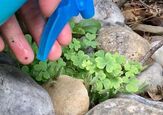

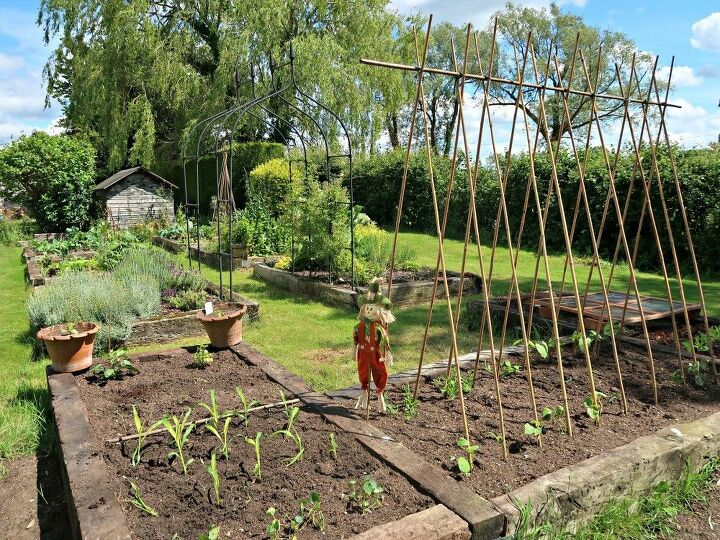








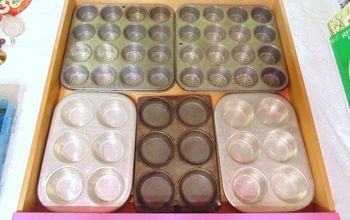




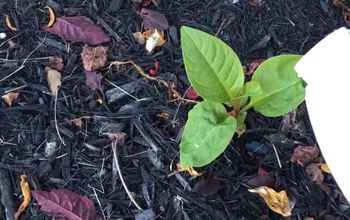
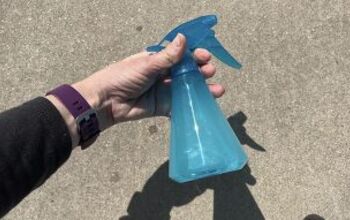
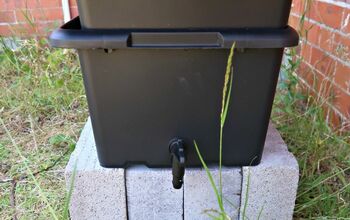
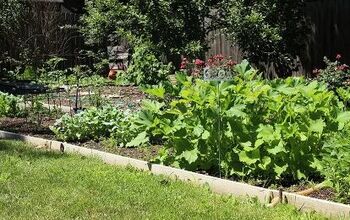
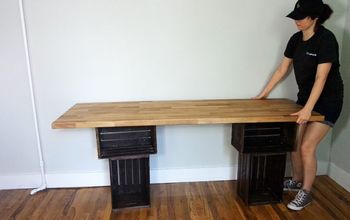
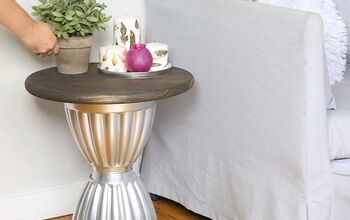

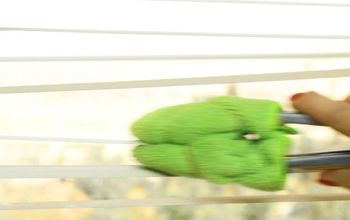

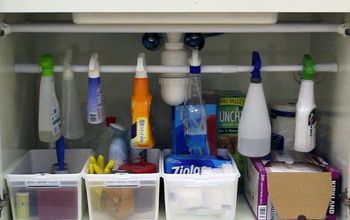



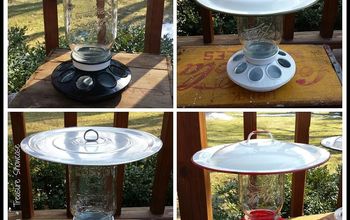
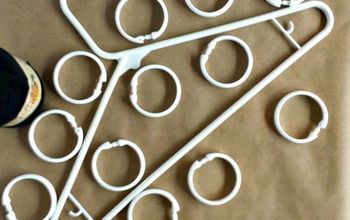
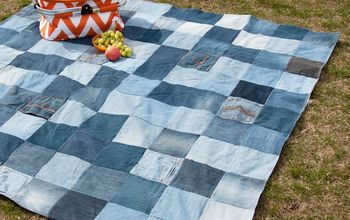
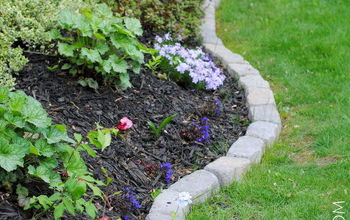
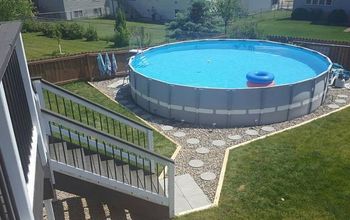
Frequently asked questions
Have a question about this project?
Could you do the same thing with green kitchen waste, potato and carrots peelings for example? I live in a condo and have very little land thus no compost pile or weeds. Do have roses a few other flowers and 1 tomatoe plant. I like the idea of it. I soak egg shells for the calcium.
I im in Victoria Australia and have Capeweed on my acreage. Can you use this in the water compost idea ?
Would mature pokeweed leaves be safe to use in the compost? I know they can be toxic, and am not sure if the dangerous chemicals would break down during the fermentation.... thanks!